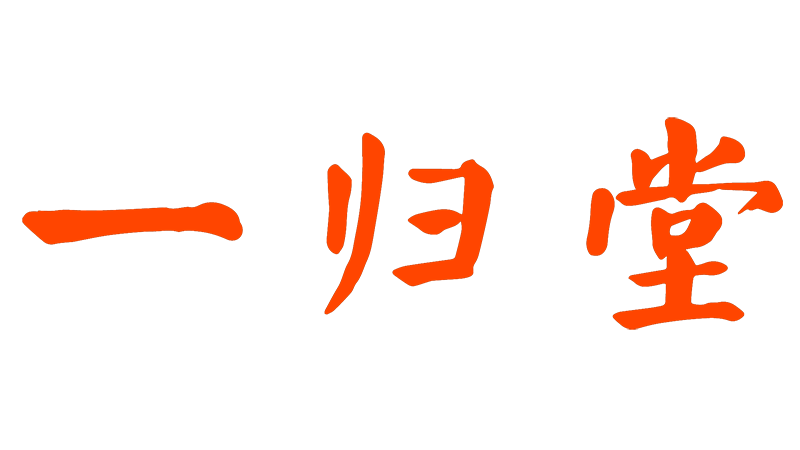If you’ve ever walked into a pharmacy and seen shelves lined with strange-looking herbs, or heard someone rave about how ginseng “cured” their fatigue, you might have wondered: What’s the real deal with traditional Chinese medicine (TCM)? As someone who’s dabbled in both Western pills and herbal soups, I’m here to break down the science, history, and actual results of TCM—no BS, no fluff. Let’s dive in.
What Even Is Traditional Chinese Medicine?
First, let’s get on the same page. TCM isn’t just about drinking bitter soups or lighting incense sticks (though those are fun). It’s a holistic system that’s been around for thousands of years, rooted in balancing your body’s energy (qi), managing opposing forces (yin and yang), and using natural elements like herbs, acupuncture, and dietary therapy. Think of it as a slow-burn approach to health—less about quick fixes and more about long-term harmony.
But here’s the thing: TCM isn’t just folklore. Modern science is finally catching up to validate what our ancestors knew. A 2020 study in The Lancet found that TCM treatments showed promise in managing chronic pain, reducing inflammation, and even boosting immunity. Still, it’s not all magic elixirs. Let’s cut to the chase: what does it actually do?
5 Science-Backed Effects of TCM You Should Know
Immune System: The Ultimate Bodyguard
Herbs like Astragalus and Goji berries aren’t just trendy smoothie add-ins. Research shows they can turbocharge your immune cells. For example, a compound in Astragalus called polysaccharide has been linked to increased production of white blood cells—your body’s first line of defense. During the early days of COVID-19, some studies even explored TCM formulas to reduce severity in patients. Now, I’m not saying you should throw out your vaccine, but adding a few immune-boosting herbs might give you an extra shield.
Chronic Pain: Relief Without the High
Ever heard of white willow bark? It’s nature’s version of ibuprofen. The active ingredient, salicin, is so similar to aspirin that pharmaceutical companies originally synthesized it from this herb. But TCM goes further: combinations like Sheng Ma Ge Gan Tang (Gentiana, Platinella, and Licorice) have been used for centuries to ease joint pain and inflammation. A 2018 meta-analysis found that TCM herbal formulas reduced pain scores by up to 30% in arthritis patients—without the stomach ulcers or kidney risks of long-term NSAIDs.
Digestion: Gut Health, Old School
Your grandma wasn’t wrong about Peppermint tea settling your stomach. Herbs like Fennel, Ginger, and Licorice are staples in TCM for taming acid reflux, bloating, and IBS. But here’s the kicker: TCM doesn’t just mask symptoms. It addresses root causes like Spleen Qi Deficiency (think: low energy + weak digestion). A randomized trial in JAMA Network Open showed that a TCM formula improved digestive function in 70% of participants with functional dyspepsia—all without the harsh side effects of PPIs.
Mental Clarity: Natural Brain Fog Fighters
Before you reach for another cup of coffee, consider Gotu Kola or Ginkgo Biloba. These herbs are prized in TCM for sharpening focus and improving circulation to the brain. A double-blind study in Phytotherapy Research found that Gotu Kola extract enhanced memory and reaction times in adults with mild cognitive impairment. And unlike caffeine, these herbs won’t leave you with jitters or a midday crash.
Hormone Balance: Your Body’s Thermostat
Women’s health is where TCM shines. Herbs like Dong Quai (“female ginseng”) and Chastetree Berry have been used for centuries to regulate periods, ease PMS, and support menopause. Modern research backs this: a 2021 trial in BMC Complementary Medicine and Therapies showed that a TCM formula reduced hot flashes and night sweats by 40% in perimenopausal women. The key? Balancing Liver Qi (emotional stress) and Kidney Essence (hormonal reserves).
TCM vs. Western Medicine: Why You Don’t Have to Choose
Here’s the truth: TCM and Western med aren’t enemies. They’re like yin and yang—different tools for different jobs. Want to knock out a bacterial infection? Antibiotics win. But if you’re dealing with chronic fatigue, anxiety, or autoimmunity, TCM’s gentle, systemic approach might be exactly what you need.
My rule of thumb? Use TCM for:
- Long-term wellness
- Preventing illness
- Managing chronic conditions
- Reducing side effects of Western drugs
And save the prescription meds for:
- Acute infections
- Emergencies (heart attacks, strokes)
- Severe allergies
How to Safely Try TCM (Without Getting Scammed)
Alright, you’re sold. But where do you start? Here’s my no-BS guide:
- Start Small: Swap your morning coffee for Ginseng tea or add Turmeric to your meals. These beginner-friendly herbs have minimal side effects.
- Consult a Professional: Not just any TCM doctor—look for ones certified by organizations like the National Certification Commission for Acupuncture and Oriental Medicine. Avoid random “herbalists” selling $100 mystery powders.
- Know the Red Flags: If someone claims a herb



